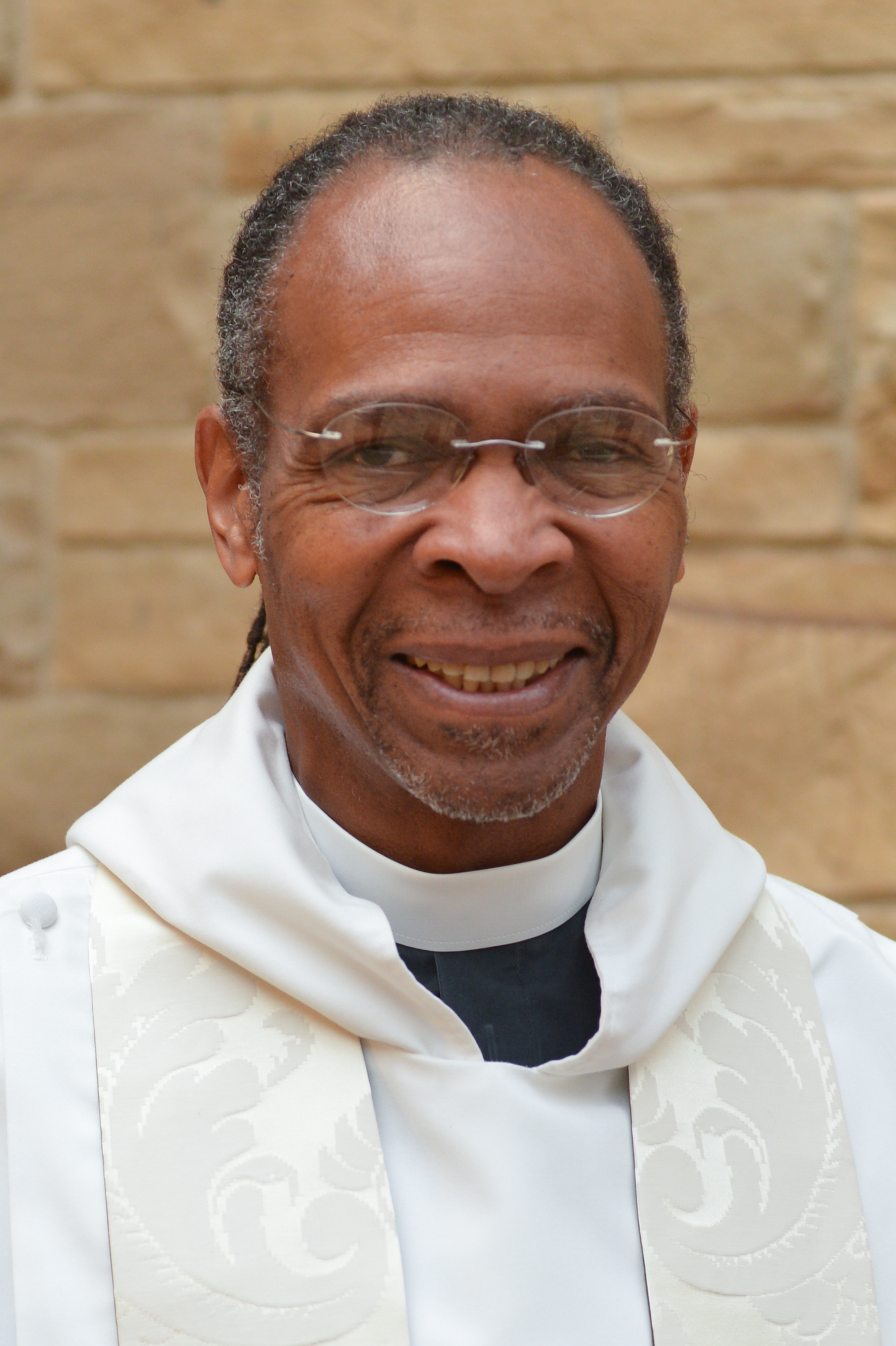An article for the Cathedral Times
by the Rev. Dr. Thee Smith, Associate Priest
 Consider with me just one, current and compelling example of Christian spirituality operating in ‘sync’ (synchrony) or correspondence with current events. Similar opportunities occur, of course, all year long and every year across the millennia. But I highlight here a particular case.
Consider with me just one, current and compelling example of Christian spirituality operating in ‘sync’ (synchrony) or correspondence with current events. Similar opportunities occur, of course, all year long and every year across the millennia. But I highlight here a particular case.
We know that the whole creation has been groaning in labor pains until now; and not only the creation, but we ourselves, who have the first fruits of the Spirit, groan inwardly while we wait for adoption, the redemption of our bodies (Romans 8:22-23).
That kind of ‘groaning’ of the created world, along with our ‘inward groaning’ as carriers of the Holy Spirit, was described by the apostle Paul centuries ago. But it is astonishingly contemporary with our time as well. Moreover I’m suggesting here that this deep groaning verifies our collective experience in church and society. For we are undergoing in our shared experience of the world a kind of birth experience featuring “labor pains” and “sighs too deep for words,” as the apostle goes on to say.
Likewise the Spirit helps us . . . [for] that very Spirit intercedes with sighs too deep for words. And God, who searches the heart, knows . . . the mind of the Spirit, because the Spirit intercedes for the saints according to the will of God (Romans 8:26-27).
Thus the apostle highlights the intercessory nature of the church as the ‘body of Christ’ in the world today. Whether we do so consciously or not, he suggests, we are co-suffering the world’s travail because we are especially attuned to the ways that God in Christ endows the world: as a creative domain that allows for both human freedom and human failure, but in which divine love intercedes triumphantly over death and destruction, while providing us with spiritual sustenance and support to sustain and participate in intercessory processes.
It is from that perspective that last Sunday I preached on texts related to women’s issues in our contemporary context. Empathy with ‘women’s work,’ women’s aspirations, and women’s choices is one theme that attaches to this past Sunday’s gospel reading: the story of Jesus visiting and mediating a conflict between two sisters, his friends Martha and Mary. In preaching I felt inspired to reflect on that gospel in the context of our ongoing culture wars that threaten to escalate into a ‘cold civil war.’ Without explicit referral, I addressed our nation’s recent supreme court decision on abortion rights.
By contrast I also shared a counterweight and suggestive remedy for our culture wars: a view of global developments that Jeremy Rifkin (in his engaging book and recommended YouTube videos with that title) calls, The Empathic Civilization. An empathic civilization, as I employed the concept, understands women’s work, women’s aspirations, and women’s choices in a holistic perspective that seeks to integrate and balance both progressive and traditional view, roles, and imperatives.
Across millennia women have been relegated to roles that serve others: serving others with their bodies as slaves, servants, or second-class citizens in contexts that are domestic or familial, reproductive, and institutional. Balancing their freedom in those roles, with other ethical and civilizational needs and imperatives, may be a complicated or daunting task. But it is an integrative task that our faith tradition commends to us through scripture, church history, and contemporary issues.
The quest to find an empathic balance is ours to continue. We cannot shirk from it without failing to be beloved community, to be questing for the kingdom of God, and to be participating with secular societies and other faiths in the pro-human emergence of empathic civilizations. Here we have a key opportunity to seek the mind of the Spirit and act on our discernment as the body of Christ in the world today.
